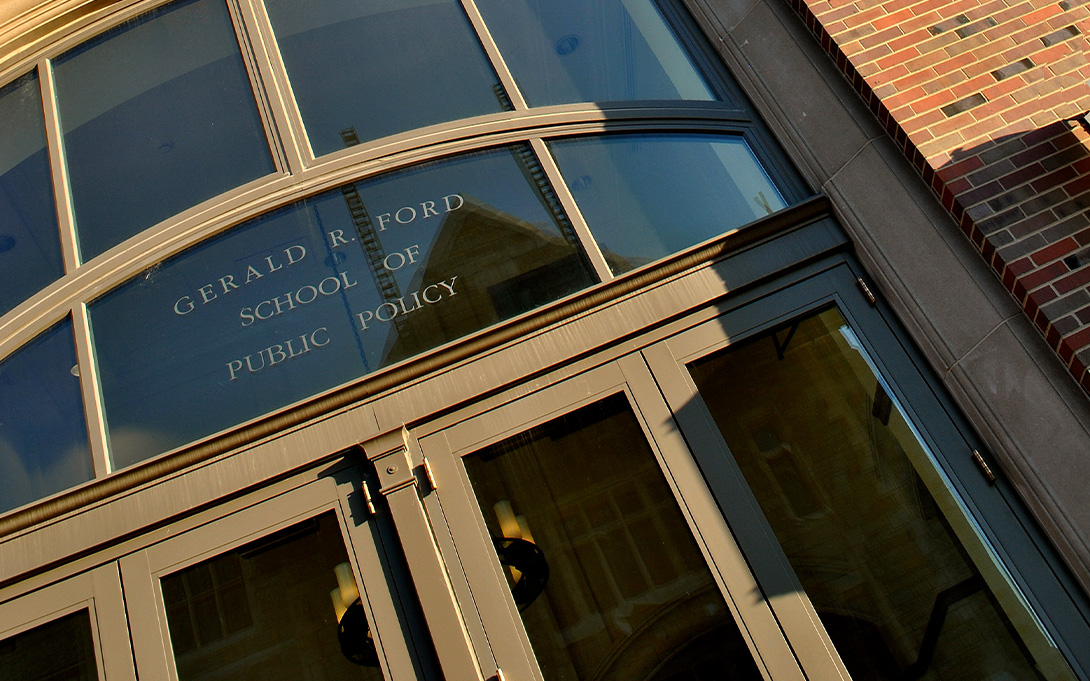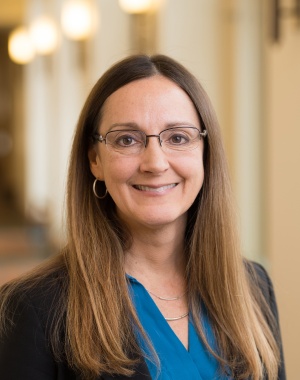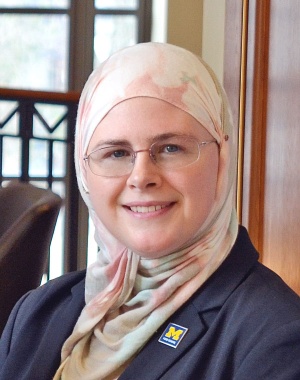
During the Winter Term 2023, Ford School students were involved in projects with federal, state, county, city, and township governments, school districts, non-profit organizations, and commissions. They worked with the school’s numerous research centers, on a variety of issues from evaluating the public benefits of new technologies, to supporting work to make organizations and communities more inclusive, to helping increase government transparency, and more.
A roundup of their work can be found in the Winter 2023 Ford School Engaged Learning Student Projects Catalog,
“The Ford School is an engaged learning and teaching community. Interactions with people and organizations outside of U-M actively working on and changing public policy help prepare our students to become leaders in service of the public good. These projects provide tangible benefits for the external partners, as well as crucial real-world learning experiences for the students,” said the director of the Program in Practical Policy Engagement (P3E), Professor Elisabeth Gerber.
Established in the spring of 2018 with a generous gift from the Power Foundation, and with support from the U-M Office of the Provost and the Ford School, P3E’s mission has been to advance public policy through engaged learning, policy research, and policy impact.
The Winter 2023 catalog exhibits how that mission has been put into action across the school, which will continue in the varied research centers for years to come.
P3E placed students in the City of Ann Arbor Office of Sustainability and Innovations to provide a presentation and research report with potential policy solutions to combat green gentrification displacement (GGD) that could threaten an Ann Arbor neighborhood. Other P3E projects included research on municipal home rehabilitation programs and considerations for the City of Flint; devising a list of best practices from nationwide districts on fostering gender inclusivity in schools for the Detroit Public Schools Community District; conducting extensive research to understand the policy and permit requirements for composting in the City of Detroit; and assisting the 501(c)(3) nonprofit humanitarian organization, Zaman International, with zoning policies in the cities of Wayne and Inkster, MI.
Community Engagement Manager, DeAndre’ J. Calvert notes, “There are several external benefits to the Ford School Engaged Learning Catalog. Our student's hard work is promoted for everyone to see while attracting Fordies to sign up for future opportunities. The catalog may serve as an inspiration for potential clients and organizations to contact Ford for community partnerships.”
“An underrated value of the catalog is internal. The catalog can be a foundation for interconnectivity throughout our research centers and departments. Data sharing, external partnerships, and collaboration can be strengthened by using this information to ensure we’re performing the best for the school's community and our mutually beneficial relationships outside of Weill Hall. I'm thankful for my colleague, Mariam Negaran, and her efforts to expand the catalog from P3E to the entire Ford School,” he adds.
P3E awarded Student Research Fellowships for work at the Dearborn Department of Public Health, Detroit Public Schools Community District, Planet Detroit, National Coalition for Community Capital, Engine Advocacy and Foundation, and Fund MI Future.
For the Center for Local, State, and Urban Policy (CLOSUP), MPP students worked with the City of Flint, Ogemaw County, and Pine River Township to examine “Modernizing Michigan Local Government Fiscal Transparency.”
The Center for Racial Justice brought on seven graduate and undergraduate research fellows who advanced myriad projects at the intersection of race and public policy, including developing policy briefs on the political attitudes and perceptions of communities of color across Michigan and publishing a policy brief on reparations in Detroit, which received local media coverage.
On the international front, the International Policy Center and the Weiser Diplomacy Center gave students opportunities to carry out individual projects and to participate in larger events, including the International Model NATO and the Diplomacy Lab, in conjunction with the U.S. Department of State. The Lab worked on four projects for the U.S. State Department, titled “The Role of the Press in Covering PRC Investments' Impact on Human Rights,” “Disinformation in Conflict Environments,” Responsible Humanitarianism: Assessing the Impact of Accountability to Affected Persons (AAP) Efforts on Humanitarian Program Effectiveness and Efficiency,” and “Drive International Study in Saudi Arabia.”
Five projects were affiliated with Poverty Solutions, including three in the Detroit area which focused on youth employment, water affordability, and the Detroit Financial Well-being Innovation Challenge, which builds off the 2021 Poverty Solutions’ research report, The Financial Well-Being of Detroit Residents: What Do We Know? The other two projects focused on criminal justice issues with the Michigan Indigent Defense Commission and the Washtenaw County Prosecutor’s Office.
The Student Research Corps at the Science, Technology, and Public Policy (STPP) program worked with community partners to integrate community voices into public policy conversations about science and technology. Students examined The Risks of Pretrial Risk Assessment Tools, Decentralized Wastewater Treatment in Detroit, Acoustic Gunshot Detection Systems, and Bridging the Digital Divide with Municipal Fiber Networks.


